When you hear the word organic, what do you think of? Organic dairy and meat? You may even think of organic beauty products like face creams. Something that rarely takes centre stage is organic cotton.
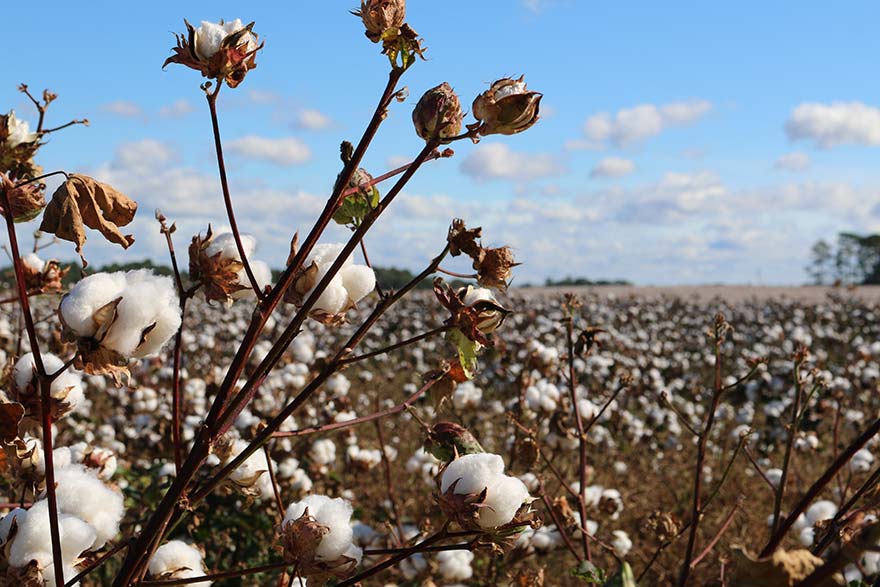
Cotton surrounds us, quite literally. It’s in our towels, our bedding, our clothes, our jewellery and our period products. Most of us never consider how cotton is grown or where it comes from, or how its treated and processed and what the impact farming has on cotton workers. Why would we?
Cotton lives quietly in our everyday lives, minding its own business hoping no one will notice it. It’s time to take note that this seemingly innocent material is covering up a lot more than our modesty.
Here’s what you should know about conventional cotton:
- Conventionally grown cotton uses more insecticides than any other single crop in the world
- Conventional cotton growers use many of the most hazardous pesticides
- Each year cotton producers around the world use around $2 billion worth of pesticides
- Many countries employ children for jobs such as cotton seed production to pesticide spraying
- Pesticides seriously harm people, wildlife and the environment. Pesticides can poison farmers, their children and neighbouring communities and land
- Sprayed herbicides and pesticides move around. Residues can be found now at both poles of the Earth and across the world’s oceans. Many do not degenerate and will remain in the soil, air and water for very long periods of time
- The by-products of pesticides Dioxins and Furans, accumulate in the food chain. They concentrate in the fatty tissues of animals even 20-30 years after exposure and are extremely hazardous
- Pesticides kill 67 million birds each year in the USA alone and many more are suspected
- Pesticides are linked to infertility, suicidal depression and horrific birth defects
- Over 50% of conventional cotton grown worldwide is genetically modified.
The World Health Organisation (WHO) estimates that at least 3 million people are poisoned by pesticides every year.
Between 20-40,000 people are killed by pesticides every year. Add in long term risks of dioxin exposure to peoples health including cancer, diabetes, heart disease, high blood pressure and liver damage. I know what you’re thinking; let’s boycott cotton. Well there’s actually no need, cotton does not need to be subject to such harsh treatment.
The Beauty of Organic Cotton
Organic cotton, grown without toxic persistent pesticides or insecticides avoids harmful effects and toxic labour conditions. It goes even further and can be hugely beneficial in some of the following ways:
- does not permit the use of genetically modified cotton
- does not permit any toxic and persistent pesticides
- uses composted manures and cover crops to replace synthetic fertilizers
- uses innovative weeding strategies instead of herbicides
- uses beneficial insects and trap crops to control insect pests
- helps prevent topsoil erosion
- improves soil fertility
- protects groundwater and conserves energy
- protects the health of workers, children and women and reduces medical bills
- ensures workers are paid a living wage and that there is no forced labour
- requires greater crop diversity providing a more stable income for workers
- dramatically reduces greenhouse gas emissions.
Choosing organic cotton benefits you and the environment, and has enormous benefits for the growers, many of whom are women. These are just some of the reasons why we use only certified organic cotton in our products.
certified organic
period products
Find your nearest store
Further reading and references
- Natracare – Why choose organic period products?
- Soil Association – Have you cottoned on?, [PDF]
- Soil AssociationCool Cotton – how to reduce the climate change impact of the world’s dirtiest crop
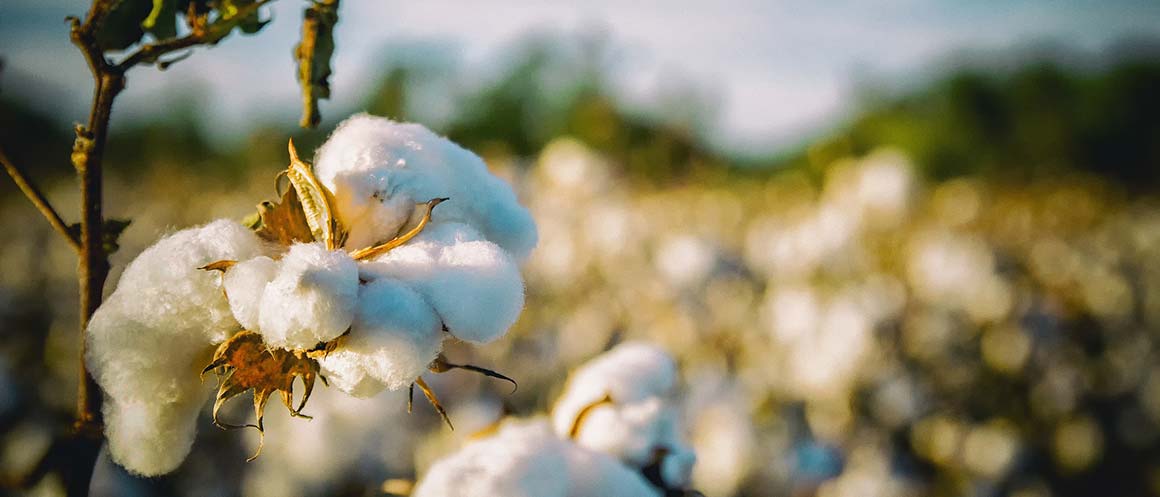
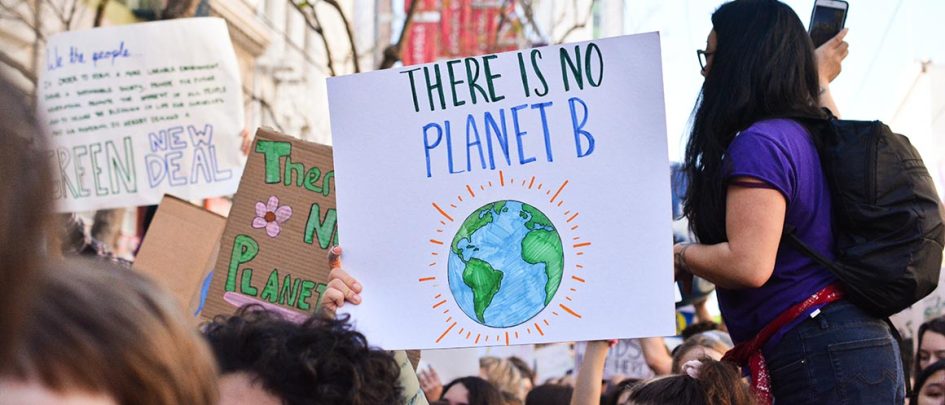
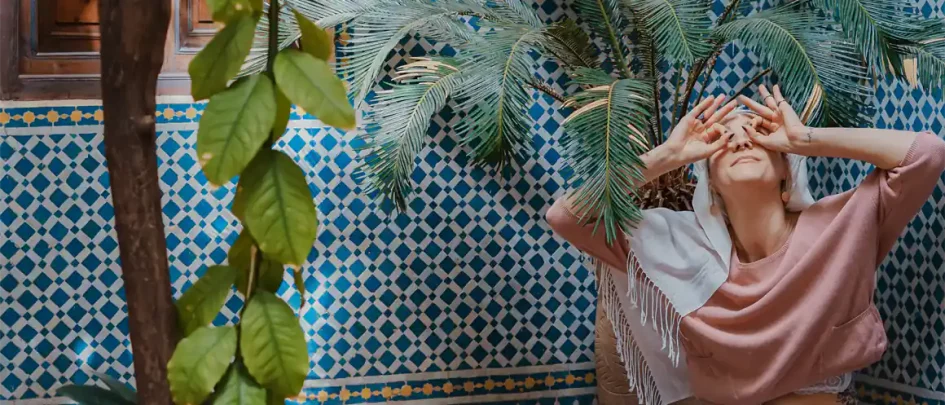
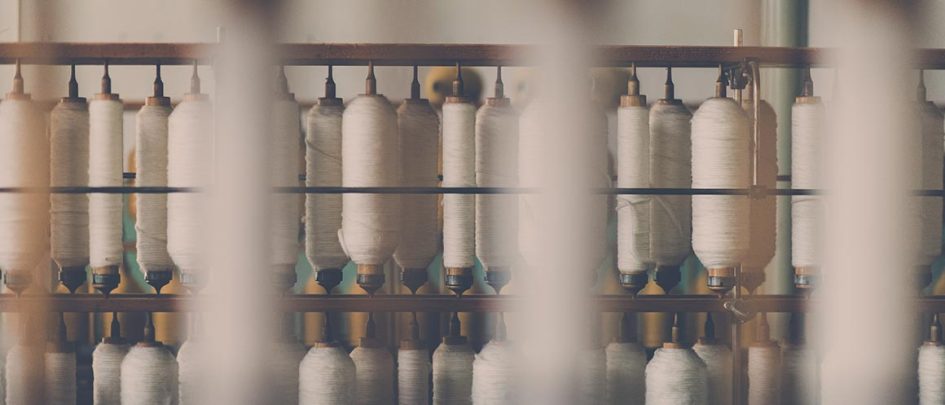







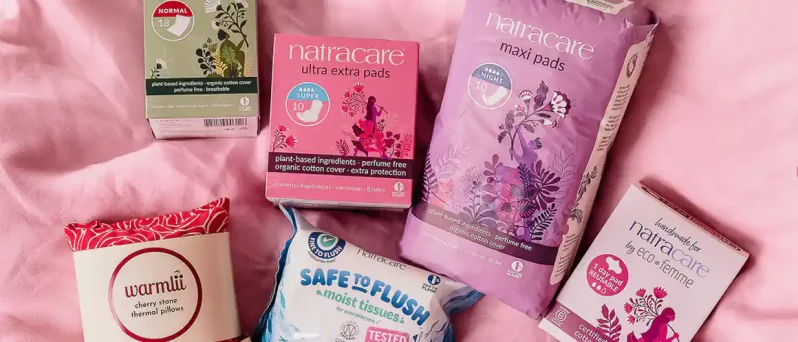
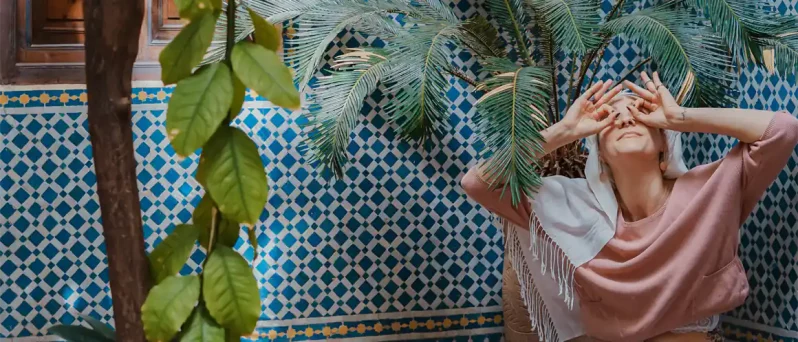
I was very excited to read this article and to know that there are people out there farming in the best ways possible, using techniques and methods that not only lessen the negative impact farming so often leaves but looks after the planets soil in a way that will allow it to live again.
Thanks, really glad to have inspired excitement for planet-positive change!